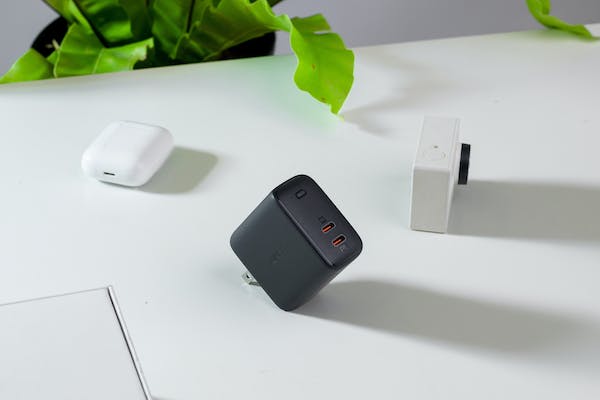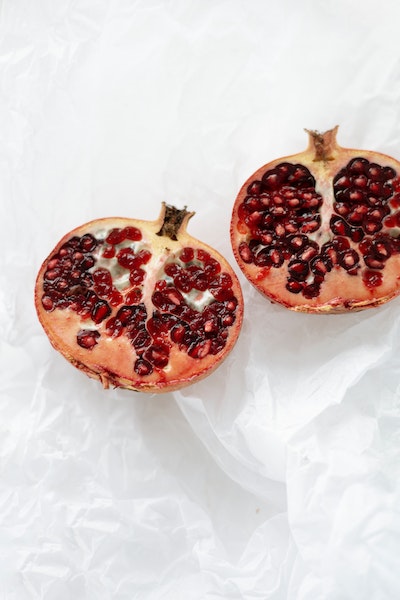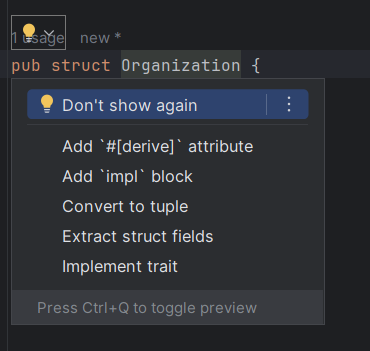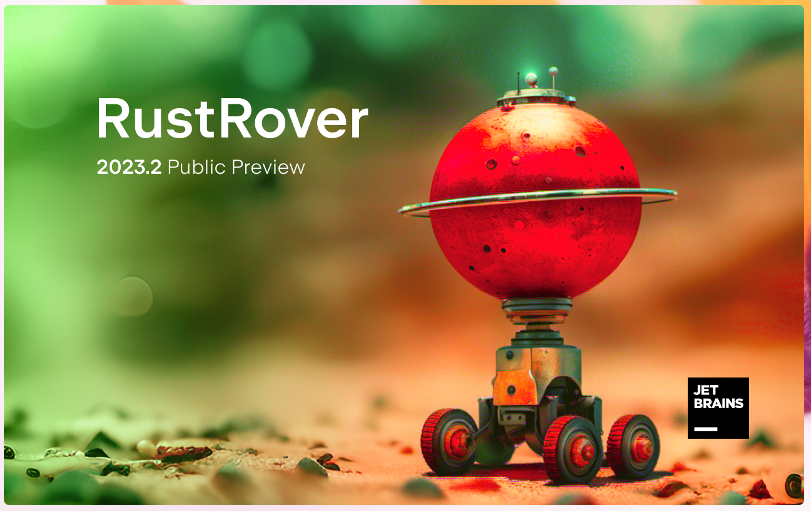
Easy Patterns in Rust: The Bridge Pattern
Introduction The Bridge pattern is a design pattern that is meant to “decouple an abstraction from its implementation...

Easy Patterns in Rust: The Adapter Pattern
Introduction The Adapter pattern is used to make one interface compatible with another. It allows objects with different,...

Effortless Resource Management: Easy Object Pooling in Rust
Introduction Sometimes, for reasons of efficiency, it can be quite handy to keep a pool, that is non-empty...

Design Patterns in Rust: Factory method, automating the factory
Introduction In this article I discussed the implementation of the Abstract Factory pattern. The Factory Method is simply an extension...

An easy way of implementing the Dependency Injection Pattern in Rust
Introduction Dependency Injection is simply said, the idea that your classes should depend on abstraction, i.e. the abstraction...

Easy Abstractions: Mastering Abstract Factory Design Pattern in Rust
Introduction The Abstract Factory Pattern is a way to group the creation of related objects, like products of...

Design Patterns in Rust: Easy container traversing using the Iterator
Introduction In Design Patterns, the Iterator is a way of traversing over a container, that is access each...

VS Code vs. Rust Rover: the debugging experience
Introduction When deciding on which IDE to use, one of the most important things is the debugging experience....

VS Code versus Rust Rover: which is better?
Introduction In one of my previous articles I wrote about RustRover, an IDE by Jetbrains, which came out...
